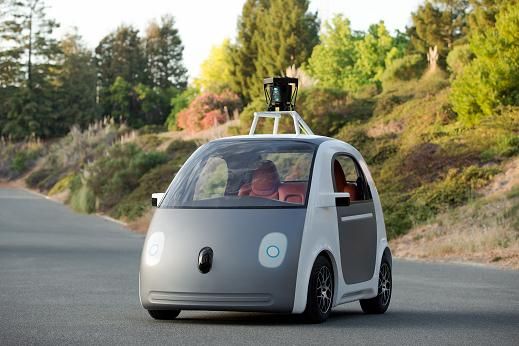Google to take on Uber with driverless smart cars
Google could be taking on Uber in the car-sharing market by launching a service using its driverless smart vehicles, according to reports

Google could be taking on Uber in the car-sharing market by launching a service using its driverless smart vehicles, according to reports.
Chris Urmson, the head of Google’s self-driving car project, said in January that he would like to see the company’s revolutionary automated vehicles used in a taxi service when the model is released in around two years time.
Uber uses Google Maps in its app technology and as a result has handed its potential rival a wealth of data on drivers and customers.
Ironically, Uber also counts Google as a major investor and is building a robotics research centre with the aim of developing its own driverless cars and is hiring more than 50 scientists from Carnegie Mellon University’s Robotics Institute for the new facility, based in Pittsburgh, according to media reports.
If Google goes ahead with its plans, it could face the same regulatory issues as Uber which has been banned in Beijing, Berlin, New Delhi, Thailand, the Netherlands and Spain over safety and competition concerns.
It was previously thought that Google might partner with Uber to help bring the new car to the general public using Uber’s logistics expertise to manage a fleet of autonomous vehicles.
Google has made no secret of its ambitions to revolutionise transportation with autonomous vehicles and Chief Executive Officer Larry Page is said to be fascinated by the challenge of making cities operate more sustainably efficiently.
The environmental benefits of driverless cars have been cited by Google as an important factor in their development.
Self-driving cars are highly energy efficient, can be powered by alternative, cleaner forms of energy, and are accommodating to pedestrians and bike-users, which could help boost those forms of transportation.
A recent study conducted by the Rocky Mountain Institute found that when self-driving vehicles are combined with car sharing methods and new vehicle materials, overall CO2 emissions could be cut “by up to 95 per cent, even when considering the CO2 emitted from the electricity generation.”





_400_250_s_c1.png)
